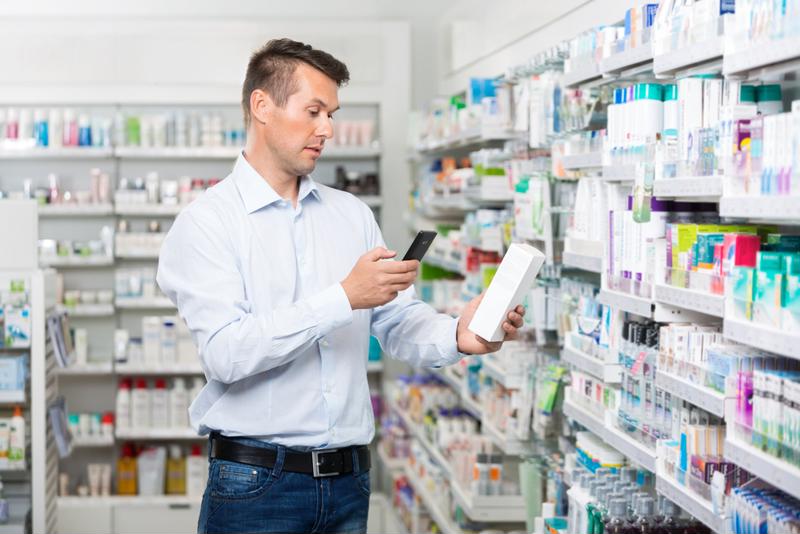
Health care providers can meet changing patient demands with workflows
The rapid expansion of technological tools that allow for a better health care experience has rapidly changed patients' expectations. In the past, old tropes such as long waits in the doctor's office would have been frustrating, but acceptable. But because more work than ever is being done on computers and mobile devices, it might be time for lagging health care providers to catch up. One great way to do this is to start using automated workflows.
There are many aspects of treatment that now go above and beyond what was commonplace even a decade ago, including the administration and monitoring of prescription use, according to Internet Health Management. To that end, many care providers are now starting to focus on educating their staff about how to properly handle these issues, and also investing in an automated workflow that ensures everyone from doctors, nurses and pharmacists to higher-level health care executives and patients themselves are getting the most pertinent information.

Taking advantage of tech
One way in which this becomes easier is through mobile apps consumers can use if they're developed by their care providers, the report said. For instance, care providers can send messages directly to enrolled patients' smartphones or tablets with reminders to take their prescriptions at a given time, but also to solicit feedback about how their ailment is progressing under the drug regimen, any side effects they may think they're feeling, and so on. That, in turn, allows for better care decisions at every level.
For many patients, the health care experience now starts well before they get to the doctor's office, according to a recent survey from West Monroe Partners. Because of the proliferation of mobile devices, 80 percent of patients who talk to a health care professional via an app, in lieu of a visit to a clinic, say they prefer to get their information in this way.
Fewer than half of consumers say they trust their health care providers to adequately protect their information. Fortunately, most of them also think those risks are worth it if they can cut their costs and get better care.
With this in mind, security is crucial when building the workflows that will help to ensure better service.
